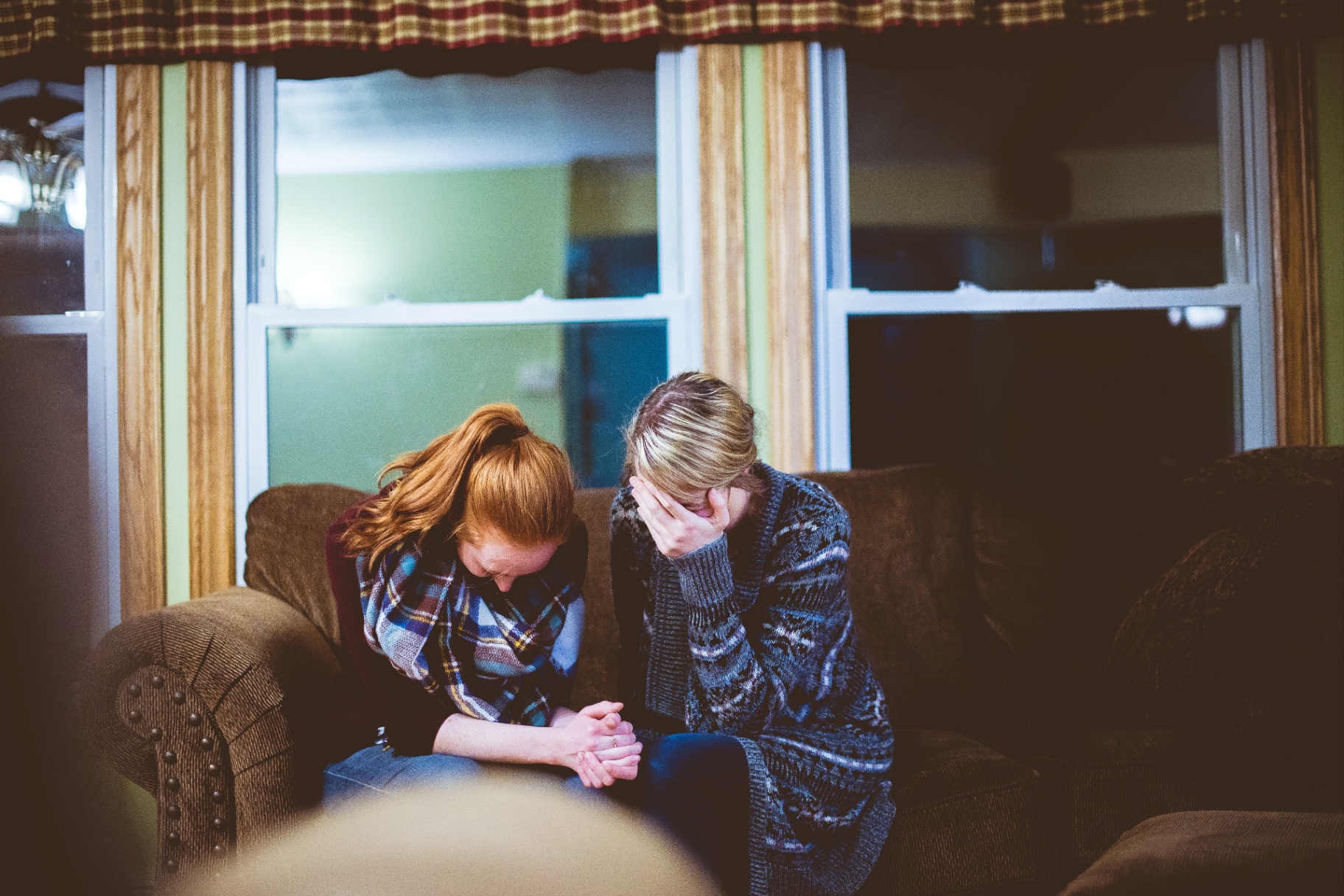Grief: What is it and how long does it last?

The grieving process can be a long and difficult one that looks different for everyone. There is absolutely no “right” way to grieve. It is our normal and healthy response to a loss. People may grieve for many reasons including the death of a loved one or pet, changes to friendships and relationships, changes to your health or a loved one’s health, changes in your financial situation or in your way of life overall, such as retiring or moving into a new place. Many of us are grieving our former lifestyles now that we are adjusting to living through a pandemic.
How long does grief last?
There is not a set timetable for the grieving process, as it absolutely depends on the person, the situation, etc. If the grief is interfering with your ability to care for yourself, deeply alters one or more of your life domains, or lasts for more than a few months, you might need support from a professional. When things do begin to feel a bit easier, you will start to reorganize your life around the loss. Grief lasts longer for some simply because it takes a little longer for things to start feeling easier for them. You may feel really great one day and terrible the next, and you may even feel a bit of guilt for feeling better. This is all normal.
What does grief feel like?
Because grief looks so different to everyone, the symptoms can vary both physically and emotionally. Symptoms might include feelings like anger, anxiety, blame or confusion; thoughts like confusion or difficulty concentrating; physical sensations like dizziness, increased heartbeat, nausea, and weight changes; or behaviors like crying spells, excessive activity, irritability and loss of energy. The process of grieving is usually classified into stages including denial, anger, bargaining, depression, and acceptance.
What are signs of unhealthy grief?
While it’s normal to feel sad after a loss, the feelings should be temporary and there should be a sense of healing. If the feelings last longer, you may be having difficulty dealing with your emotions. This is an unhealthy sign of grief because it is likely developing into an adjustment disorder or depression. This is went you’ll want to seek the help of a professional.
Signs of unhealthy grief includes not feeling better as time passes, difficulty eating or sleeping, turning to drugs or alcohol to cope, and contemplating self-harm. If you feel like you’re having trouble dealing with your feelings, ask your family doctor for help. They can help you figure out what type of support is needed.
The most important part of the grieving process is paving the path your improved wellbeing. Allow yourself to honor your loss, attend to your physical needs, express your feelings, maintain a routine, and ask for help when you need it. Give yourself time to experience the loss in your own way, but don’t forget to take care of yourself as well.

